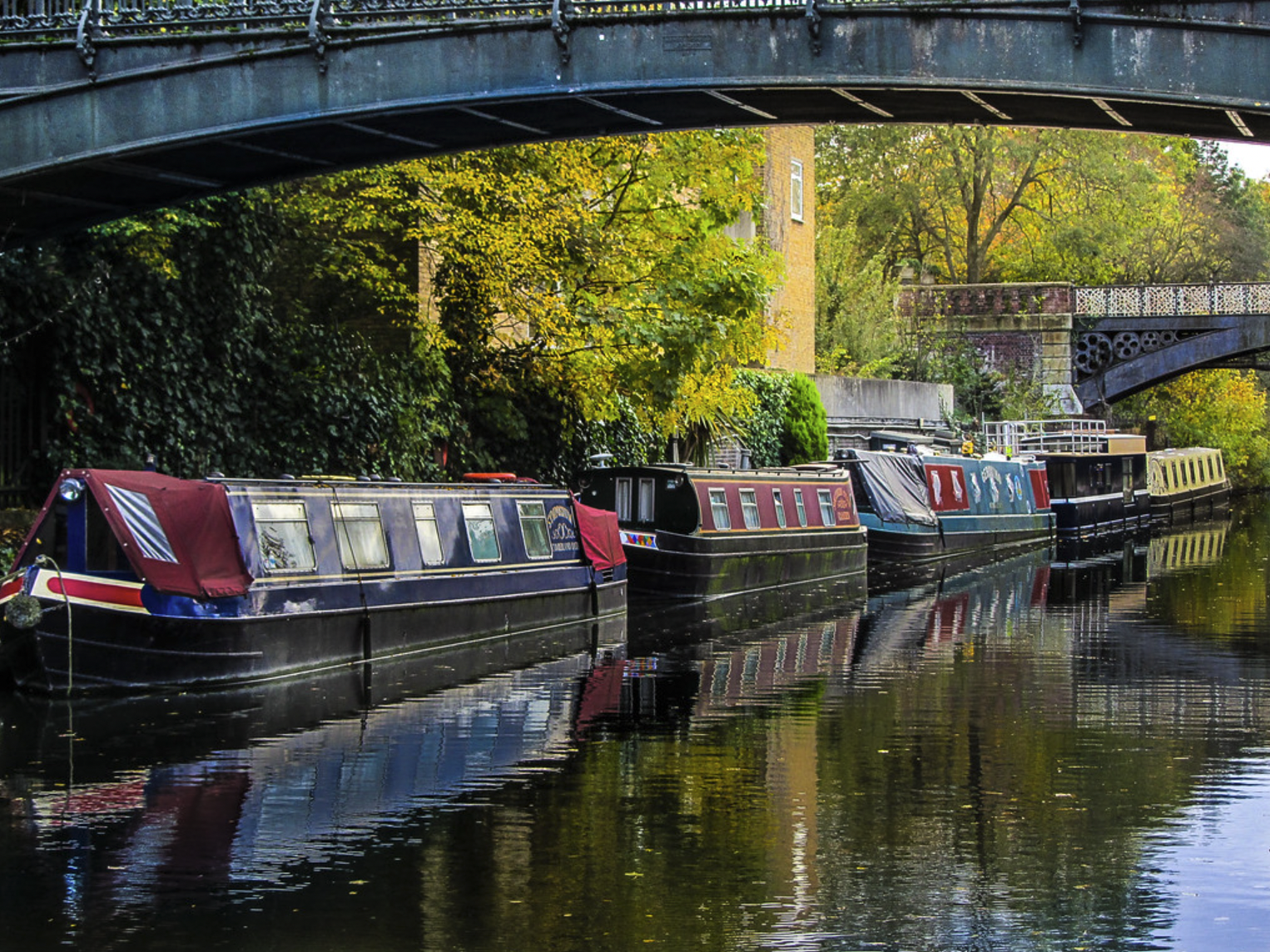It seems the time is up for living on land for many people and they are taking the waterways that their descendants used as a way of transportation. But why are people now deciding to live on a canal boat as opposed to living on the land?
The history of canals
The British Canal system has been an integral part of how Britain has been such a successful country since they were built in the 18th century. Since then they have been modified, renovated and protected in the 19th and 20th century. During these times the canal systems were vital especially in the Industrial Revolution in transporting goods around the country. The boats would carry all sorts of cargo including coal, post, work equipment and people all across the British Isles.
The first signs of humans deciding to move onto their boats on the canal system was in the 1830s. The boatman’s family would live onshore but felt forced out by the railway families who were new to the areas with the railways being built to replace the slower canal systems. Families were struggling to afford rent, struggling to keep a family together and a chance to provide extra hands on the boat.
It was becoming commonplace that families would live on the boat but in 1858 “Household Words” article stated that the Grand Junction Canal company did not allow the boatmen’s families on board. However, families defied these rules despite there being a high risk of disease with cholera being a major killer in 1831-32.
By 1945, the canal systems for transportation were no longer being used and were essentially eradicated in the 1980s for such activities but the canals still stayed. The canals were used by people but more on a leisurely level. However, many people still decide to live on the waterways.
Living on the canal
There is nothing new about living on water and people have been doing it for thousands of years but there is a British simplicity to mooring up one night and setting off on the waterways the next. It is a strange phenomenon but your home is no longer where you go to just live, but it is also a place where you can transport yourself.
In London alone, where everyone seems to be a business person or trading forex, there has been an upsurge with people living on canal boats due to house prices in the capital. It has become the norm for people to live on the 100 miles of canals that run through the city. It is estimated over 100,000 people live on the canals.
It will come as no surprise that it is almost 10 times cheaper to live in a second-hand canal boat and with a boat estimating 30 square feet and the average London house averaging 10 square feet you are actually getting more space for your money.
Although many do fully immerse themselves into this way of living, some still use their houses and moor up their boats for longer holidays or weekends. However, costs can add up dramatically. In London for example it costs £12,000 to moor your canal boat for a year and this is in top of your £750 Canal & River Trust license. It can be very difficult to afford both lives in this semi-nomadic life.
Is it the right choice to change?
It can be a difficult decision to make and married couple Emma Smail and Gareth Taylor, found themselves weighing up all the different options about whether they should ditch land living and take to the canals.
Emma liked the idea of being out with nature and being given a chance to explore the country, she said, “I liked the idea of boat life because it’s a really peaceful existence. The wildlife and tranquillity by the water is lovely and there are certain spots along the canal network that you can only really access by boat which was exciting to me. The connection to the outdoors seemed to make up for the lack of space on the boat, plus the level of reward and gratification from a certain level of self-sufficiency and minimalism was inviting.”
Her husband Gareth used to cycle by the canals and gained an appreciation for the life, seeing it every day on his commute, “The reason people want to live on canal boats is: they’re awesome. It’s a floating house near nature. Water is better than concrete. No one should travel over 4mph. When it takes forever to get anywhere you really appreciate where you’re going and where you are. It’s a stress-free life of joy. Until something in the boat breaks then B.O.A.T apparently stands for bung on another thousand.”
So it is important to consider every aspect of your life before embarking on a big decision but if you are convinced then you will live a life full of wonder and adventure along these historical routes!


